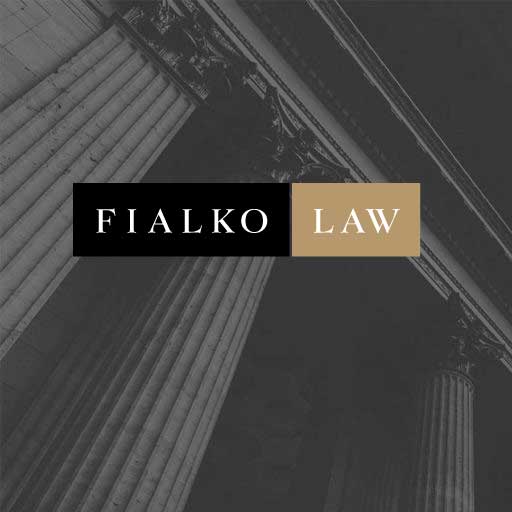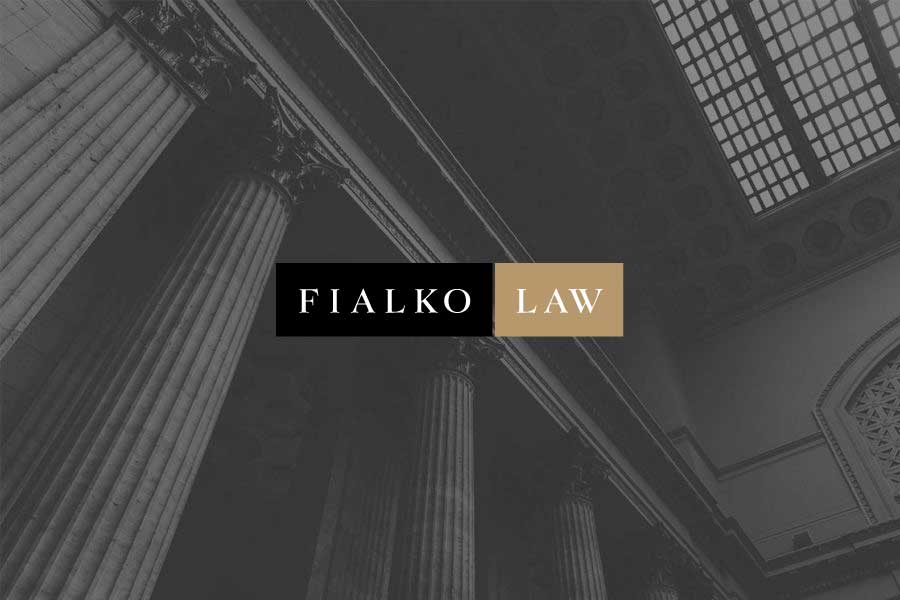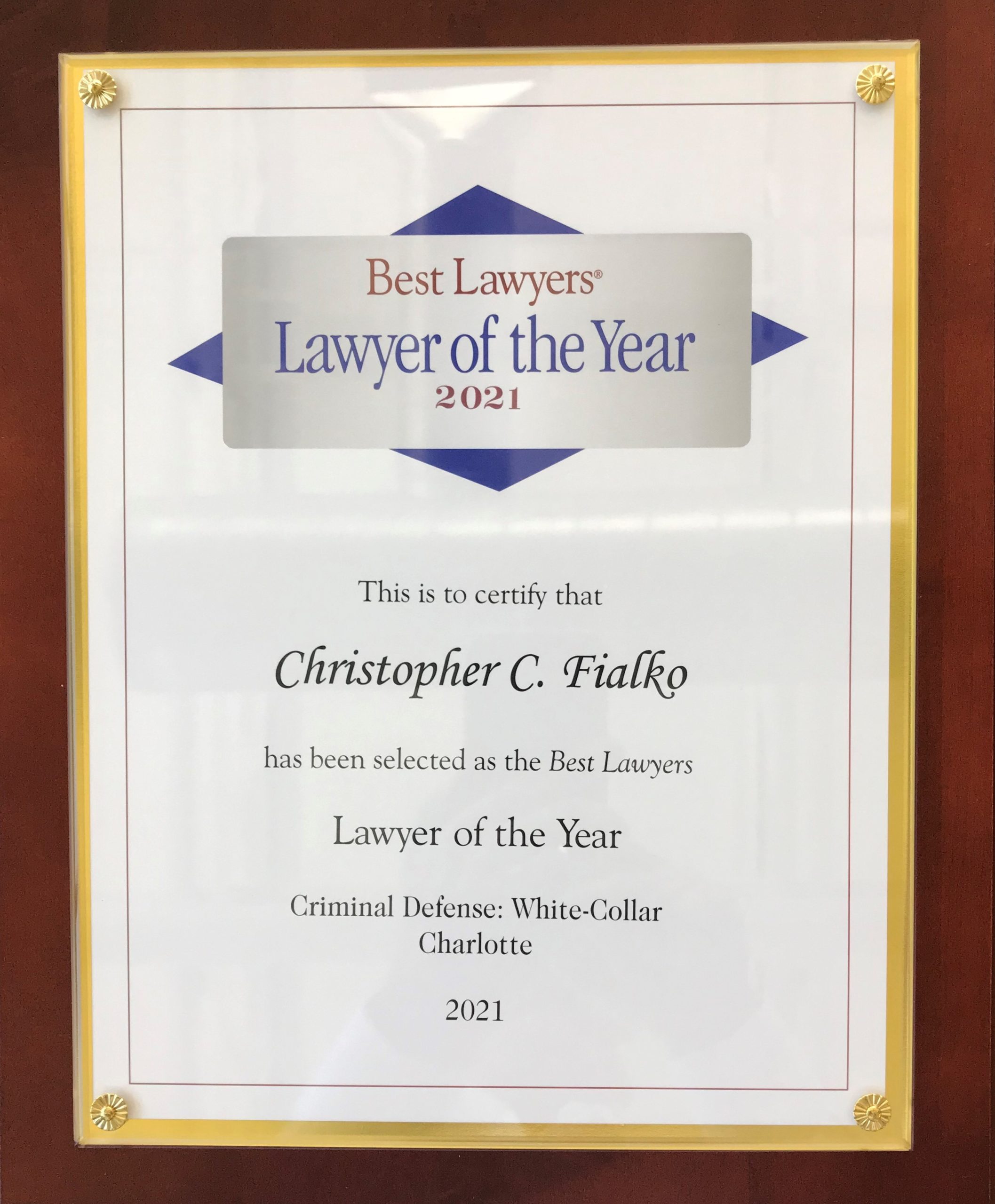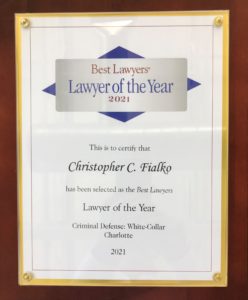May 18, 2022.
I called legendary North Carolina criminal defense lawyer Joe Cheshire last week because I couldn’t remember his county count.
Joe is one helluva storyteller, and when he talks about going into smaller counties, he often mentions he  has defended cases in 86 of our 100 counties
I folded out the latest North Carolina highway map and a yellow highlighter yesterday. Turns out that after nearly 30 years fighting cases in the Tar Heel state, my count is 43 counties.
Halfway to Joe!
NC Highlighted Map1





